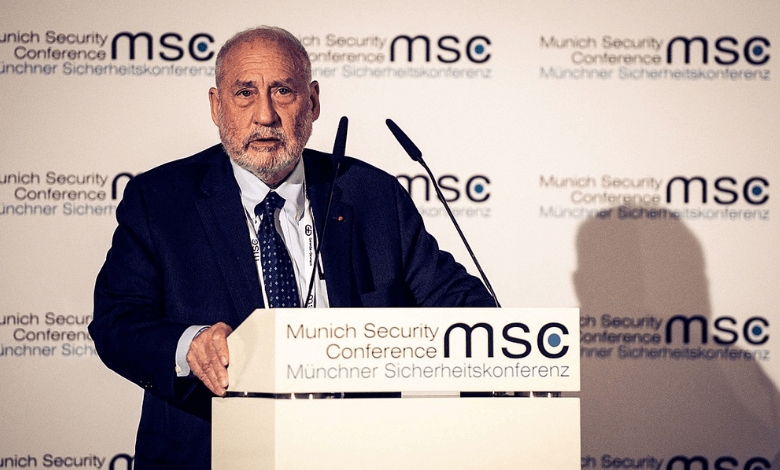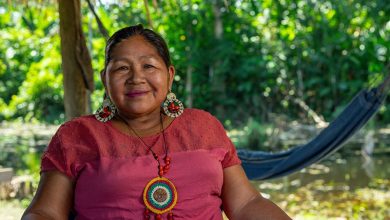For Battle Against Climate Crisis To Be Won, Poor Countries Must Be Onboard

Speaking to the Guardian at the International Monetary Fund’s annual meeting in Marrakech, Morocco, Nobel Prize-winning economist Joseph Stiglitz stressed the need for the IMF to finance poor countries’ fight against the climate crisis with $300 billion a year.
Stiglitz said the battle against global heating would only be won if poor countries were onboard. Continuing, he said developing countries needed their equivalent of the US Inflation Reduction Act – a package of grants and subsidies aimed at promoting green growth and jobs.
However, he noted there was no hope of poor countries coming up with their equivalent of the act, which he said was flawed and expensive but working. Instead, he said rich countries should support the creation of $300 billion of IMF Special Drawing Rights (SDRs) each year.
Climate Crisis Top The Agenda At Annual IMF-WB Meetings:
Stiglitz, a former World Bank chief economist, revealed the EU was planning its own version of the act – but on a smaller scale. Nonetheless, he admitted it would be impossible to get his plan through the US Congress in its current state but stressed he would continue to campaign for it.
This week, the annual meeting of the IMF and its sister organisation, the World Bank, in Marrakech has meticulously focused on the need for extra money to help poorer countries decarbonise their economies and cope with the effects of the climate crisis.
World Focusing On Economic Resiliency During Times Of Crises:
Interestingly, the Government of Morocco didn’t hesitate to host the annual event despite September’s earthquakes that ruled headlines worldwide for a number of days and left nearly 3,000 people in the country dead, while wreaking $11.7 billion in damages.
ALSO READ: ‘We Must Not Give Up’ – UN Deputy Secretary General Wraps Up Visit To Iceland
The financial institutions hold their annual meetings every three years in a developing economy that has noted the presence of strong economic policies and governance. This year’s event has come at an appropriate time as the world focuses on economic resiliency during times of crises.
Less than a two-hour drive from where earthquake debris remain in piles, the delegations of 190 members states, media, non-profit and civil society groups have gathered for a week of discussions on some of the most pressing topics in today’s world.



